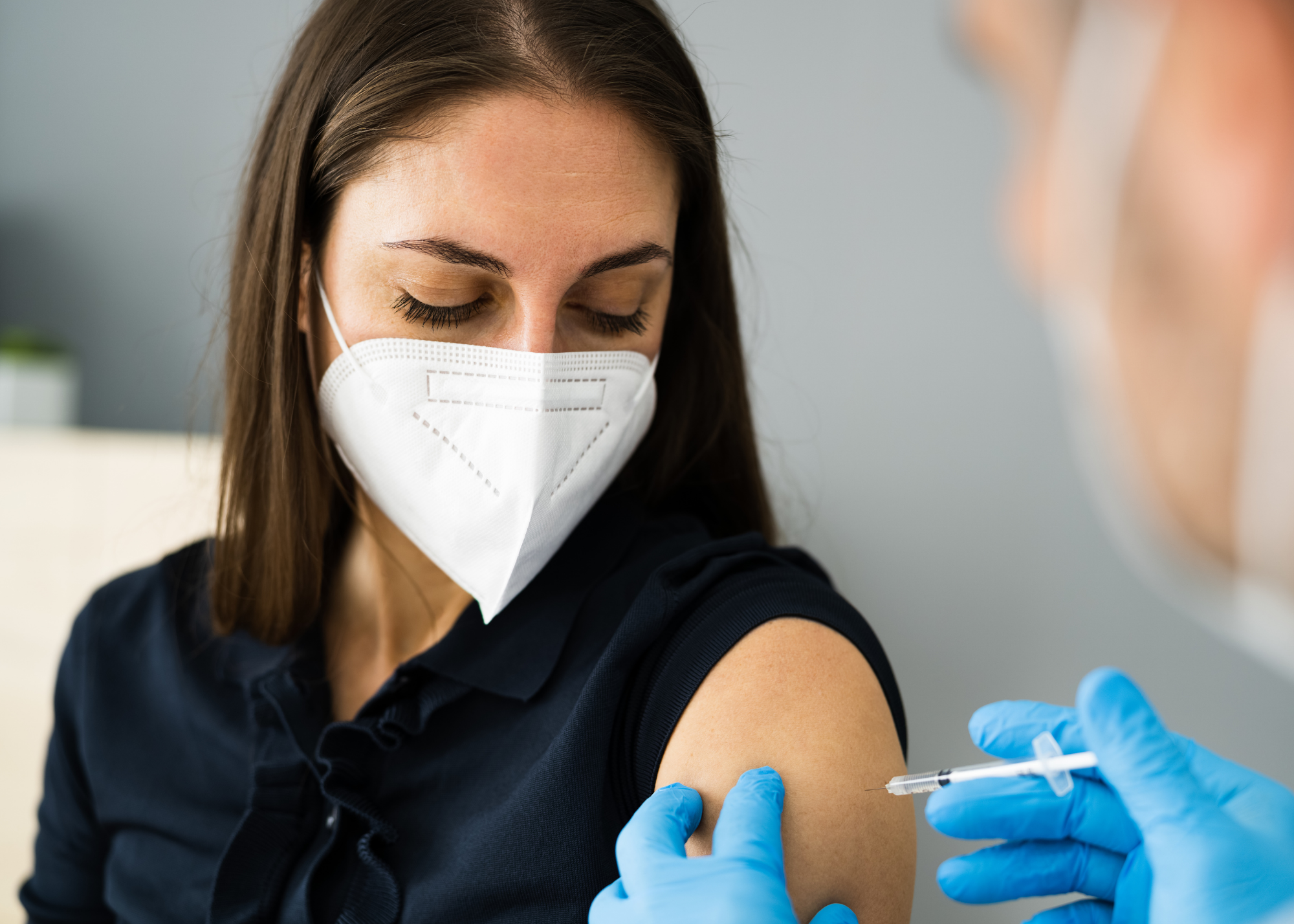10 Research Projects to Watch in 2022
Arthritis Research Canada-Arthrite-recherche Canada’s scientific team is tackling challenges faced by over 6 million Canadians living with arthritis – challenges that can interfere with going to work, taking care of children, pursuing goals, being physically active and so much more.
Through 100+ research projects, we are finding ways to prevent arthritis, diagnose people earlier, manage symptoms, provide new and better treatments and improve overall quality of life.
To give you an idea of what our research looks like in action, we’ve put together a list of 10 Research Projects to Watch in 2022. Please click on the “Learn More” buttons below for additional information.
Making it WorkTM: Employment & Arthritis
Arthritis is the most common health reason why Canadians stop working. The inability to work has a tremendous impact on a person’s financial, social and emotional well-being. Yet, patients identify employment issues as one of their most important, unmet needs. Our scientists have developed a one-of-a-kind, online program, called Making it Work™, to fill this gap in arthritis health care. The program focuses on early intervention to prevent work disability and foster healthy, productive work lives.
Sleep Matters: Managing Insomnia
Up to 70 per cent of people living with arthritis experience sleep issues, including difficulty falling asleep, staying asleep, and/or waking up early in the morning. Insomnia can make other arthritis symptoms worse and affect a person’s overall quality of life. We’re testing an online program for managing sleep disturbances. This research is very important due to the COVID-19 pandemic, as stress, financial challenges and lifestyle changes are expected to affect sleep and other mental health issues.
Stopping Falls
Falls are a major health care problem for older adults and health care systems as they account for 50 per cent of injury-related hospital admissions, 40 per cent of nursing home admissions, and a 10 per cent increase in home care services. There is strong evidence that the Otago Exercise Program, which consists of strength and balance training delivered by a physical therapist, can reduce falls in older adults 65+, but only 25 per cent of people continue with the program over time. We’re developing and testing adaptations to the program to see if more people will continue with it to receive maximal benefits.
Are COVID-19 Vaccines Safe & Effective?
We are working to determine how safe and effective the Moderna COVID-19 vaccine is for people living with arthritis who are immunocompromised. So far, researchers have measured the development of anti-COVID-19 spike antibodies after first and second doses of the vaccine in rheumatoid arthritis and lupus patients. After the first dose, the response was around 60 per cent. After the second dose, that number increased to 80 per cent. The next step will be to determine the response to a third dose and whether the development of antibodies is sustained.
Caring for Canada’s Diverse Populations
Some healthcare providers and researchers have a limited understanding of the barriers to care that exist for people who are members of populations that experience inequities. We will gather information to understand the rheumatoid arthritis care experience for black Canadians and Canadians with diversity in sexual orientation, gender identity and expression. That information will inform how treatment recommendations are put into practice, so that the approaches taken reflect needs and realities. We will then develop materials and an online medical education program for arthritis care providers in Canada.
Stopping OsteoARthritis
Around 500,000 youth in Canada injure their knees while playing sports each year. Of those people, 50 per cent will develop osteoarthritis within 10 years. We’ve created a unique program, called Stop OsteoARthritis (SOAR). It is virtually-delivered and aims to help people with a prior knee injury reduce their risk of developing osteoarthritis. This research is very important because it is estimated that by 2040, 12 million Canadians will be living with osteoarthritis – a disease that can lead to decreased physical activity, weight gain, and life-threatening complications like heart attack and stroke.
Turning to Tech to Prevent Complications
We are developing an electronic reminder system for physicians to use with their patients who have inflammatory arthritis. People with these types of arthritis are more likely to die from complications – such as heart attacks, strokes, blood clots in the legs and lungs, severe infections, hip fractures, selected cancers, diabetes and chronic lung disease – than from their diseases. The goal of the electronic reminder system is to ensure doctors are using the latest guidelines in screening for and managing these diseases and complications.
Reducing the Burden of Arthritis
Using British Columbia’s Ministry of Health databases, we will analyze physician diagnostic codes to identify new and existing cases of complications in patients with psoriasis, rheumatoid arthritis, systemic autoimmune rheumatic diseases, ankylosing spondylitis, gout, osteoarthritis, Crohn’s disease and ulcerative colitis. This research is a crucial step in determining how to reduce and prevent the burden of complications for people living with inflammatory diseases.
Testing a Health Tracking App
People living with rheumatoid arthritis thrive when they are supported and encouraged in self-care efforts. We’re developing and testing a health tracking app called OPERAS (On-demand Program to EmpoweR Active Self-management). This app helps people “see” how their symptoms and physical activity levels change over time. Having this information during the COVID-19 pandemic is important because it can help people with rheumatoid arthritis plan and juggle all aspects of their self-care.
Antimalarial Drugs & COVID-19
Patients with autoimmune inflammatory diseases like systemic lupus erythematosus and rheumatoid arthritis have weakened immune systems which can lead to damage of healthy tissues and organs. Treatments rely on long-term use of antimalarial drugs such as hydroxychloroquine and chloroquine. We’re working to determine how antimalarials affect risk for severe infections/complications from viruses like COVID-19.

































































